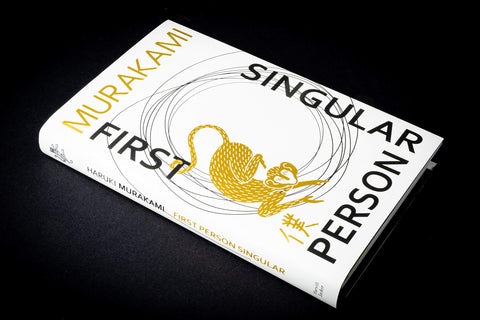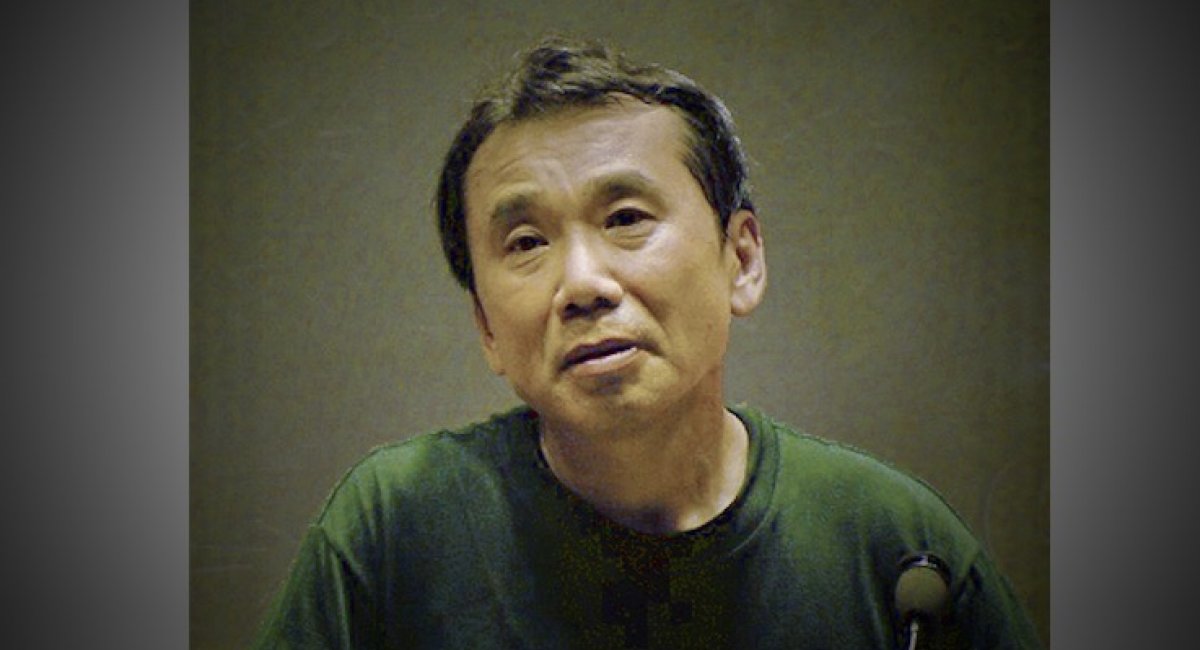
He certainly exists within me, though, that much is certain, and has been pestering me to write about him. It's not at all clear to me what that monkey represents. Tell me about him and where he came from. Names (or the absence of names) were an ongoing theme in this collection, and then right there in the middle there's that delightful name-stealing monkey. This is one of the challenges the writer presents to the reader, how to detect the line separating fact from invention. But that said, do you think my explanation here is actually true? So since the story contains that one fabricated element, at least, it does retain the form of a fictional work. I suppose you could call it less a short story than a kind of essay.īut the part about publishing a book called The Yakult Swallows Poetry Collection is pure invention. This contradicts my answer to your previous question, but what I wrote about in that particular story is what happened to me, pretty much as is. I'm opposed to that idea and wanted to create my own 'first personal singular' writing."īook Reviews 'First Person Singular' Asks A Lot Of Questions - But Shies Away From Answers "There's a long tradition in modern Japanese literature of the autobiographical, so-called I-novel, the idea that sincerity lies in honestly and openly writing about your life, making a kind of self-confession. Fiction writing is partly the process of clarifying what lies within you.

Through these steps, I gain a deeper understanding of the meaning behind the experience. "So I reshape them over and over and fictionalize them, to the point where, in some cases, you can't detect what they were modeled after. "In this book, I wanted to try pursuing a 'first person singular' format, but I don't like relating my experiences just the way they are," Murakami tells me in an email interview.

You get drawn into the spiral, and soon you're in that strange world where many of his stories exist, a place full of his favorite things (jazz, baseball, the Beatles, though surprisingly few cats this time) and yet unmistakably odd, existing at a slight, unexplained angle to reality.

The stories in Haruki Murakami's new collection, First Person Singular, have a sort of fractal nature - you're reading a story by a middle-aged Japanese man in which a middle-aged Japanese man is telling you a story (and sometimes that story involves him telling other stories). Haruki Murakami's new story collection is First Person Singular.


 0 kommentar(er)
0 kommentar(er)
